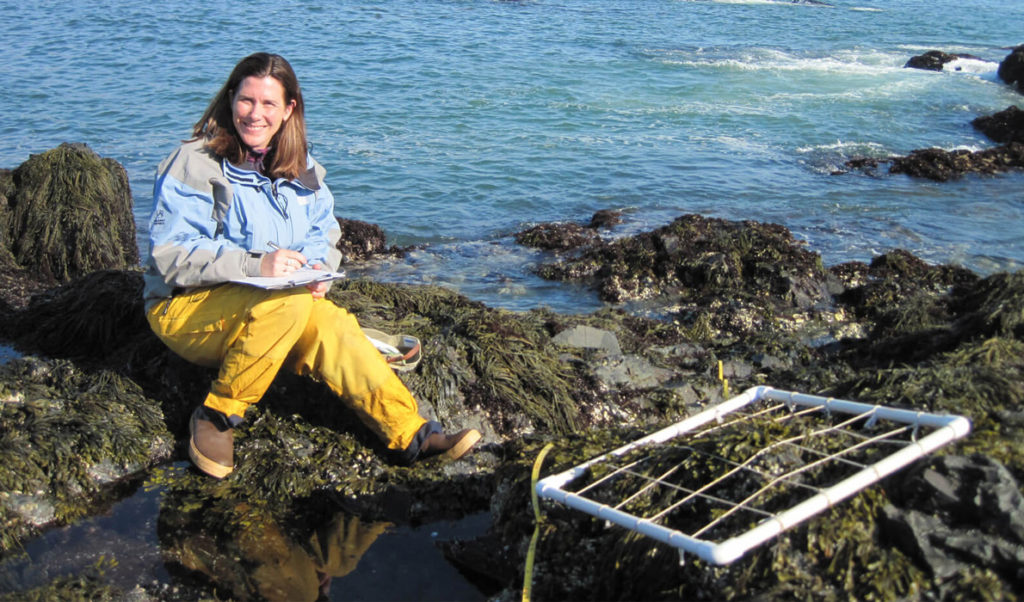The University of Maine Darling Marine Center in Walpole will host a coastal and estuarine monitoring workshop on Sunday, April 10 from 8 a.m. to 7 p.m. Aquaculturists, fishermen, researchers, teachers, citizen scientists, coastal residents, community groups and other interested individuals are encouraged to attend. No previous training is required.
The TORCH—Training for Observation of Coastal Habitats—workshop is the result of an on-going partnership between the University of Maine’s Darling Marine Center and an alliance of local water monitoring organizations called the Maine Coastal Observing Alliance.
The workshop aims to help those interested in estuarine and coastal monitoring to find the best indicators and measurement methods to suit their needs, to learn about current monitoring efforts, to get hands-on experience with various monitoring methods and equipment, and to network with others involved in estuarine and coastal monitoring. Sessions will focus on why monitoring is important, environmental parameters, sampling methods and how attendees can use publically accessible monitoring data through collaborations with existing programs and organizations. There will be opportunities to discuss quality control measures, data management and analysis specifically focused on enhancing the capacity of coastal and estuarine monitoring programs.
The afternoon will provide attendees with hands-on demonstrations. Monitoring projects will be demonstrated and participants will spend time in the field learning about the methods each project utilizes to gather information and share it with the public. There will also be opportunities for networking and to discuss collaboration over dinner.
The Maine Coastal Observing Alliance is a collaboration among volunteer supported organizations and researchers along the coast, promoting the common interests of groups actively involved in monitoring Maine’s estuaries and coastal watersheds. Alliance partners include Boothbay Regional Land Trust, Damariscotta River Association, Friends of Casco Bay, Georges River Land Trust, Hurricane Island Foundation, Kennebec Estuary Land Trust, Medomak Valley Land Trust, Rockport Conservation Commission and Sheepscot Valley Conservation Association (now Midcoast Conservancy).
The University of Maine’s Darling Marine Center is located on the Damariscotta River estuary and is committed to strengthening the knowledge of coastal and marine ecosystems and the communities who are part of them through research, teaching and outreach in Maine and world-wide. Learn more dmc.umaine.edu.
To learn more about MCOA and view the recent MCOA report, visit www.damariscottariver.org.





